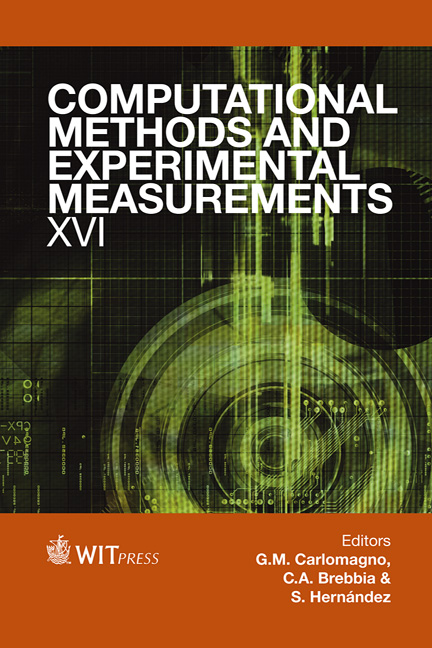An Ontological Approach To Multi-scale Modelling Of Environmental Fate And Ecological Effects In Aquatic Ecosystems
Price
Free (open access)
Transaction
Volume
55
Pages
12
Page Range
237 - 248
Published
2013
Size
219 kb
Paper DOI
10.2495/CMEM130191
Copyright
WIT Press
Author(s)
C. G. Siontorou & F. A. Batzias
Abstract
Aquatic ecosystems are complex and multifaceted webs that continuously shift states to accommodate natural and anthropogenic inputs. Managing such a dynamic scheme necessitates multidisciplinary and multi-scale modelling. Although a variety of modelling strategies and tools have been suggested and used, their applicability is often restricted to one scale (usually the macro- or meso-scale) or to related domains of knowledge (usually hydrogeomorphology or ecology), making accurate predictions on whole system responses difficult to achieve. A critical impediment in constructing an integrative framework lies in the structure of knowledge, which remains context-specific across different disciplines. Acquiring and evaluating information (at the required amount and level of granularity) in collaborative interactions is often a challenge, as is the transfer of this information to others, including scientists, stakeholders, resource managers, policymakers, and the public. This paper presents a methodological framework for bridging the gaps between macro- and micro-scales in ecosystem modelling through an ontological platform designed/developed to accommodate partonomic functions in and between different knowledge domains and levels. Keywords: aquatic systems, modelling, ontology, knowledge processing, fate of pollutants, denitrification, oil weathering.
Keywords
Keywords: aquatic systems, modelling, ontology, knowledge processing, fate of pollutants, denitrification, oil weathering.





